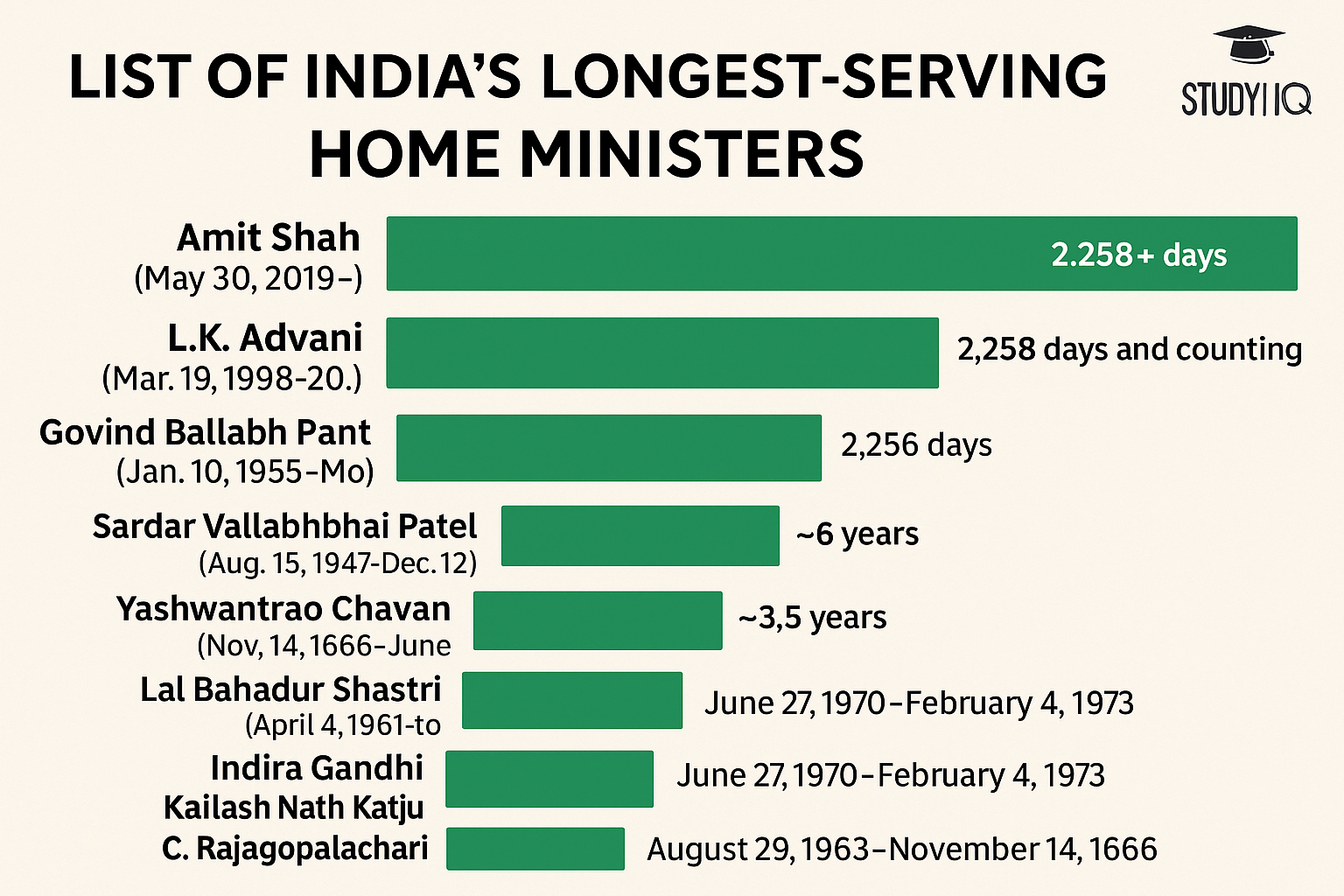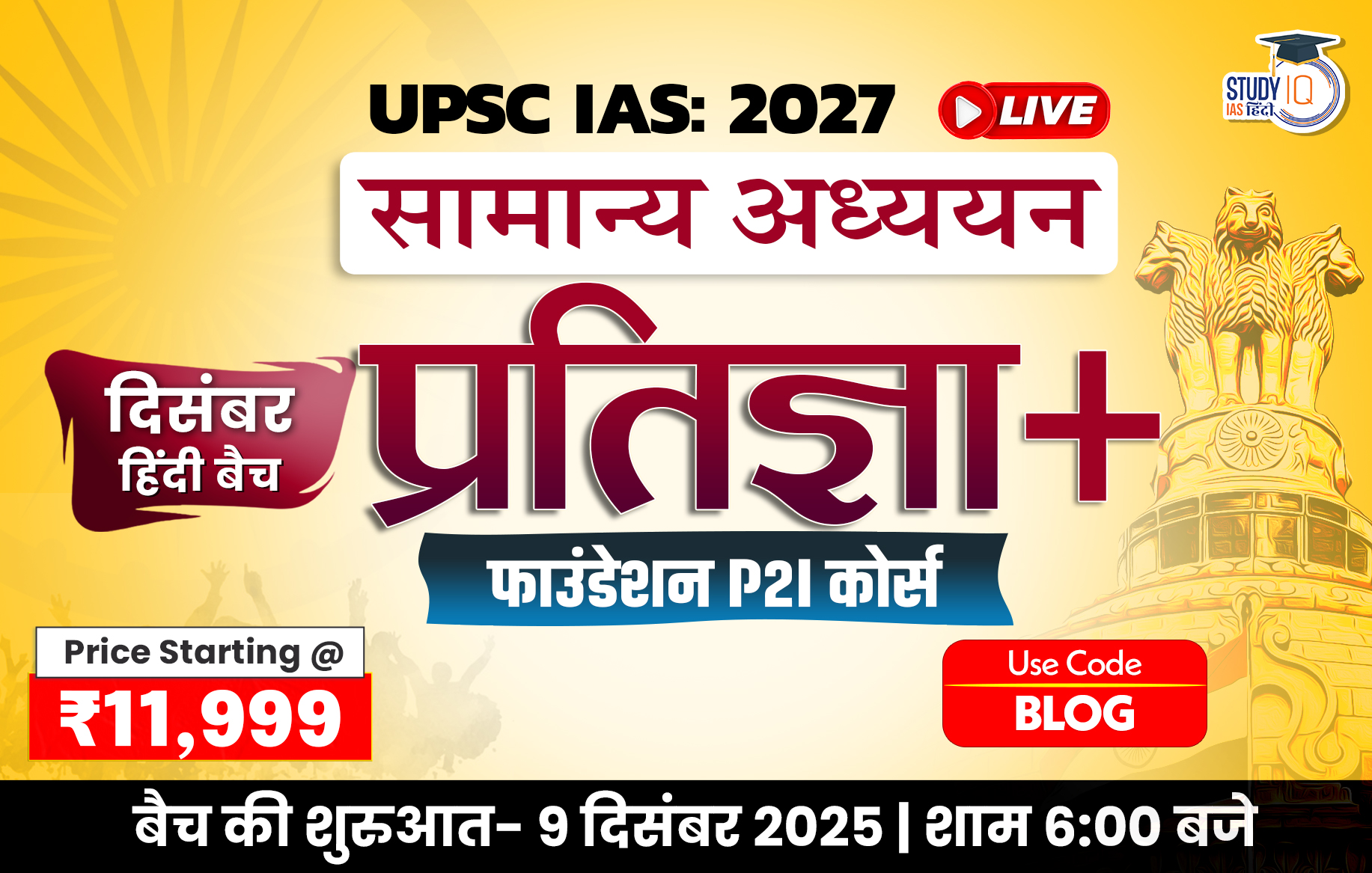Table of Contents
List of India’s Longest-Serving Home Ministers: On August 5, 2025, Amit Shah achieved a historic political milestone by becoming India’s longest-serving Union Home Minister, surpassing the record held by veteran leader L.K. Advani. With 2,258+ days in office (and counting), Shah’s tenure marks a period of significant internal security reforms, political consolidation, and major constitutional changes.
The Home Ministry is among the most powerful portfolios in the Indian government, responsible for internal security, public order, border management, law enforcement, and disaster management. Leaders who have held this position for extended periods have played decisive roles in shaping the nation’s security and governance policies.
Amit Shah’s Historic Tenure
-
First Assumed Office: May 30, 2019
-
Reappointed: June 10, 2024 (after 2024 general elections)
-
Total Tenure (as of Aug 5, 2025): 2,258+ days (~6 years & 68 days)
-
Record Surpassed: L.K. Advani’s 2,256 days (1998–2004)
-
Symbolic Milestone Date: The record was broken exactly six years after Article 370 abrogation was announced in Parliament (Aug 5, 2019).
Key Achievements During Amit Shah’s Tenure
-
Abrogation of Article 370 – Ended Jammu & Kashmir’s special status.
-
Ram Janmabhoomi Temple Construction – Oversaw law and order during a sensitive phase.
-
New Criminal Laws – Replaced colonial-era IPC, CrPC, and Evidence Act with modern laws.
-
Citizenship (Amendment) Act, 2019 – Provided citizenship pathway for persecuted minorities from Pakistan, Afghanistan, and Bangladesh.
-
Maoist Insurgency Crackdown – Intensified operations against Left-Wing Extremism.
-
Strengthened Internal Security – Enhanced border security, cybercrime monitoring, and anti-terror mechanisms.
Top 10 Longest-Serving Home Ministers of India
| Rank | Name | Tenure / Period in Office | Duration |
|---|---|---|---|
| 1 | Amit Shah | May 30, 2019 – Present | 2,258+ days & counting |
| 2 | L.K. Advani | March 19, 1998 – May 22, 2004 | 2,256 days |
| 3 | Govind Ballabh Pant | January 10, 1955 – March 7, 1961 | ~6 years & 56 days |
| 4 | Sardar Vallabhbhai Patel | August 15, 1947 – December 12, 1950 | ~3 years, 4 months |
| 5 | Yashwantrao Chavan | November 14, 1966 – June 1970 | ~3.5 years |
| 6 | Lal Bahadur Shastri | April 4, 1961 – August 29, 1963 | ~2 years, 5 months |
| 7 | Indira Gandhi | June 27, 1970 – February 4, 1973 | ~2 years, 7 months |
| 8 | Kailash Nath Katju | November 5, 1951 – January 10, 1955 | ~3 years, 2 months |
| 9 | C. Rajagopalachari | December 26, 1950 – October 25, 1951 | ~10 months |
| 10 | Gulzarilal Nanda | August 29, 1963 – November 14, 1966 | ~3 years, 2.5 months |
Importance of a Long Tenure in the Home Ministry
A long tenure as Home Minister often indicates:
-
Political Stability – Trust from the Prime Minister and the ruling party.
-
Policy Continuity – Smooth implementation of long-term security reforms.
-
Crisis Management Experience – Ability to handle sensitive issues like insurgencies, communal unrest, and border security challenges.
-
National Security Impact – Consistent focus on law enforcement and counter-terrorism.
Historical Perspective
Since independence, the Union Home Ministry has been central to India’s governance structure. Leaders like Sardar Vallabhbhai Patel were instrumental in integrating princely states, while Govind Ballabh Pant strengthened administrative reforms. The 21st century saw leaders like L.K. Advani and Amit Shah focus on strong internal security measures, counter-insurgency, and constitutional changes.
Conclusion
With his record-breaking tenure, Amit Shah has etched his name in India’s political history as a decisive and influential Home Minister. His leadership has brought significant changes in the country’s internal security framework, constitutional laws, and governance approach.
As India navigates complex security challenges, the Home Minister’s role remains one of the most vital in ensuring stability, unity, and progress.


 India’s New Earthquake Design Code 202...
India’s New Earthquake Design Code 202...
 SoLAR Phase II Launched 2025: India, Ban...
SoLAR Phase II Launched 2025: India, Ban...
 Asia Power Index 2025: India Secures 3rd...
Asia Power Index 2025: India Secures 3rd...

























